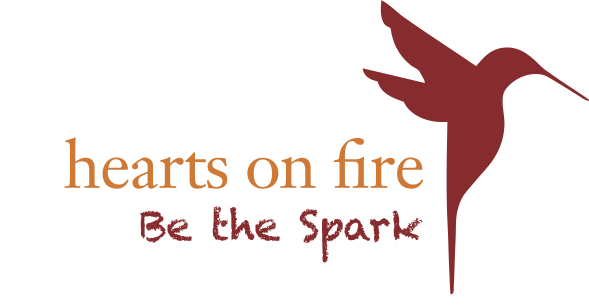Tabitha Mpamira-Kaguri | Edja Foundation
Tabitha Mpamira-Kaguri
Turning Pain into Power
Long before the #MeToo movement exposed the pain and prevalence of sexual aggression and abuse, Tabitha Mpamira was deeply aware. At the age of 11, she had been a victim herself while living as a Rwandan refugee in neighboring Uganda. It was a traumatic experience that she kept buried until a return visit to Uganda many years later reopened the wound. Everywhere she went, she heard stories of children as young as four being repeatedly targeted for abuse.
“Young girls are sexually assaulted frequently and justice is rarely served. Seeing a 5-year-old being resilient, going to school, even with the knowledge that her grandfather infected her with the HIV virus…I was enraged. These children need more than another person lamenting angrily at their plight. They need someone to stand up for them in their lives. They need a voice. They deserve a voice.”
In 2015, Tabitha became a voice for these children by founding the EDJA Foundation, not only to combat child abuse, sexual assault and domestic violence in sub Saharan Africa, but also to tell the community, the legal system and the abusers that “ENOUGH IS ENOUGH!”
The girls are saying ENOUGH abuse, enough stigma, enough silence! Time for ACTION
“I actually think my perpetrator is very influential in my purpose and my life. If it weren’t for [my own] horrendous experience, I wouldn’t have the zeal and passion for sexual-trauma healing that I do now.
The day I decided to start this work officially, it was that still voice that whispered ‘Why do you get the luxury to wait, when they are hurting now?’”
Tabitha credits her husband with making her feel safe enough to pursue her own healing from the trauma she experienced as a child, while pushing her to use her pain to help other victims.
“When going through this life-long process of “getting over” sexual trauma, triggers are unpredictable, the emotional toll is rather burdensome. It is my name on EDJA, but these [girls and women] are doing the work each day, just by waking up, and facing the pain, fear, anxiety, and depression that comes with the trauma.”
Two young victors
EDJA provides victims of sexual assault, whom Tabitha calls “fighters,” with medical attention and mental health counseling. It also economically empowers the victim’s guardians and educates the community, the police and health providers about eradicating abuse and the stigma that attaches to the victims.
“These young fighters, had the courage to tell someone and I did not.”
Witnessing their resilience, she adds, has made her feel “deeply humbled and grateful for life.”
Edja young fighters finding healing and victory over trauma
Today, Tabitha is a wife and mother of four, and a doctoral candidate in Clinical Psychology, specializing in sexual trauma. She envisions a society where every woman and child is safe and protected from abuse. She hopes that the work of the EDJA Foundation, which she named for two inspiring women in her life, will move sub-Saharan Africa closer to that goal.
“My mother, Edith, dedicated her life to being a voice for the voiceless and standing up for what is right; and my mother-in-law, Janet, has survived a life of poverty and domestic violence. Through prayer and strength of will, she has managed to care for and nurture everyone around her.”
In her journey from Rwanda to Uganda, and then to the United States at age 14, Tabitha’s experiences have transformed her into a truly global citizen driven by a deeply personal mission.
“It’s my responsibility and obligation to be part of social change; to bring healing and create space for light in every individual I meet.”
EDJA is a message that ENOUGH is ENOUGH. Time for change
Watch
Take Action
If you would like to help EDJA eradicate sexual abuse of children, go to www.edjafoundation.org






